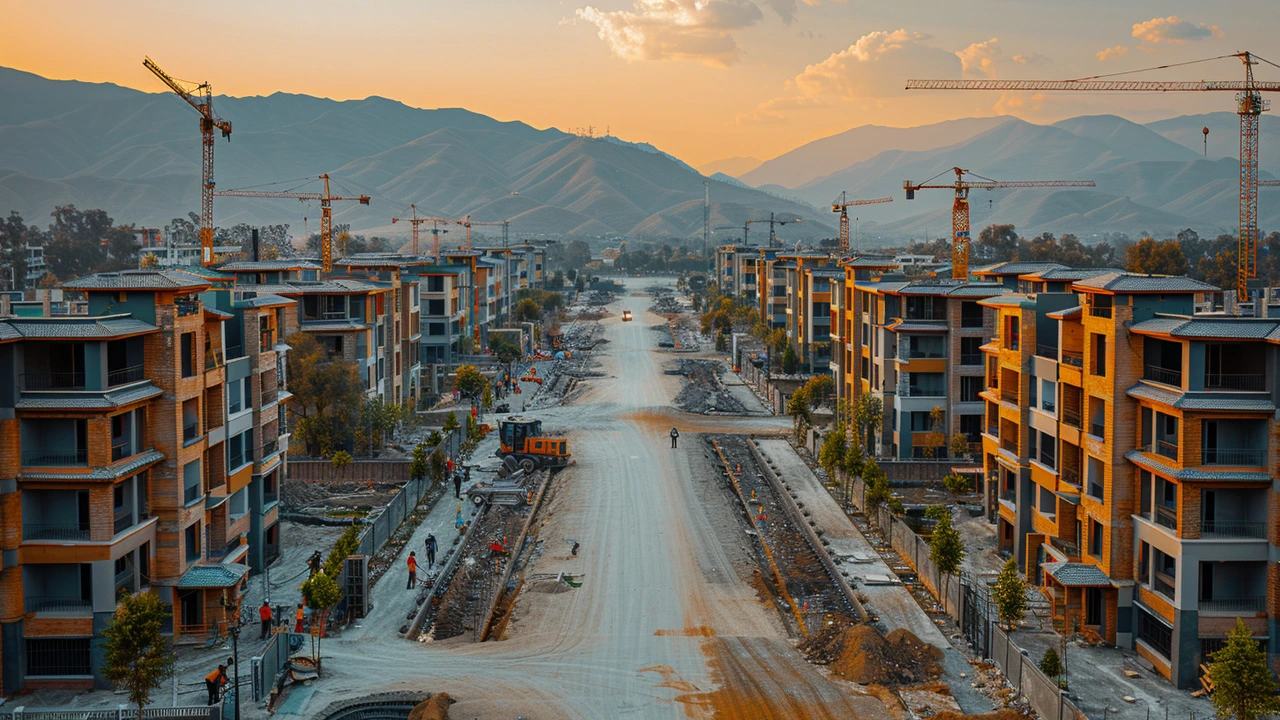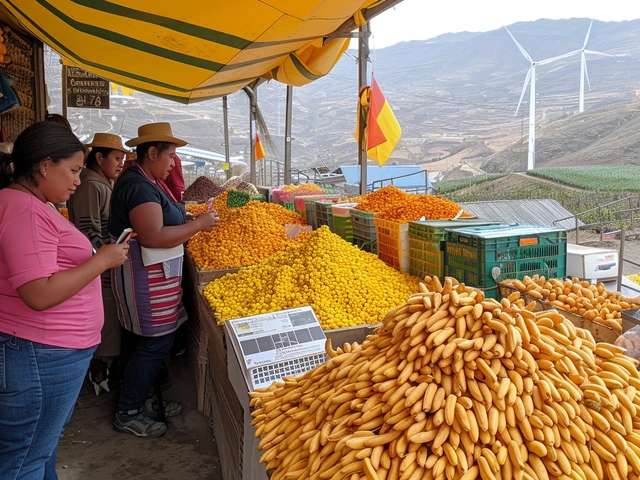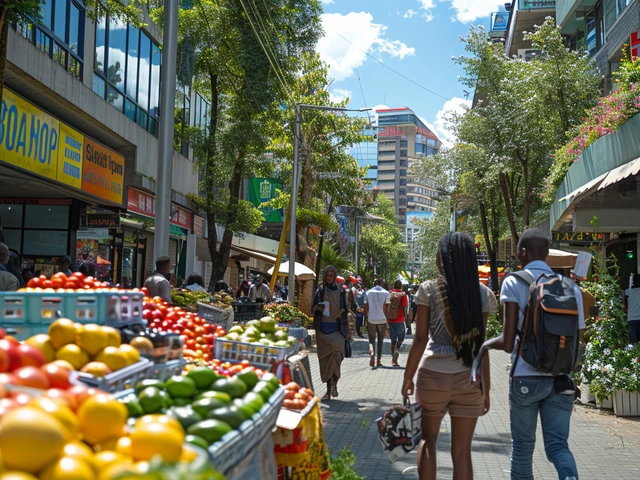Real Estate in Ethiopia: What You Need to Know About Housing, Rent, and Investment
Ever wondered what it takes to rent or buy a home in Ethiopia? The real estate scene here is a blend of tradition and rapid urban development. Whether you want to rent an apartment in Addis Ababa or invest in property, knowing how things work can save you time and money.
House rents depend a lot on location. In Addis Ababa, rent for a basic one-bedroom apartment in a central area averages around 10,000 to 15,000 birr per month. Move farther from the city center, and costs drop fast. Cities like Bahir Dar and Hawassa offer lower rent, especially if you’re not picky about modern amenities. Many homes still use traditional designs like tukuls in rural areas, while city dwellers usually opt for modern condos or single-family houses.
What about buying? The housing market is growing, but prices can be unpredictable. Land and property in popular neighborhoods command high prices, with newer condos or houses built for middle-class families. Don’t expect quick paperwork—getting everything legal takes time, and you’ll need to deal with local regulations. If you’re planning to invest, be aware that foreigners face strict regulations, and most property must be held in partnership with Ethiopian citizens.
The cost of living is a big topic for anyone thinking about relocating. Besides rent, groceries, transport, and basic services are cheaper compared to many countries, but inflation means prices don’t stay still for long. Utilities like electricity and water can be inconsistent in some areas, so always ask about back-up options when viewing a place.
Finding a place to live? Word-of-mouth is still king here. Agents can help, but be ready to negotiate terms and check the property in person—photos don’t always match reality. In popular neighborhoods, good places go fast, so prepare to act quickly if you find something right for you.
Investment-wise, Ethiopia’s growing cities are drawing attention from both local and international investors. With the government pushing new infrastructure and urban projects, there’s plenty of potential if you do your homework. Focus on areas seeing steady growth and ask locals about long-term trends before putting your money down.
Ethiopian real estate is changing quickly, mixing traditional homes with modern apartments and new business hubs. Whether you want to rent, buy, or invest, understanding local rules and market dynamics is key. Talk to people living in your target area—it’s the best way to get honest, up-to-date info and avoid surprises.





